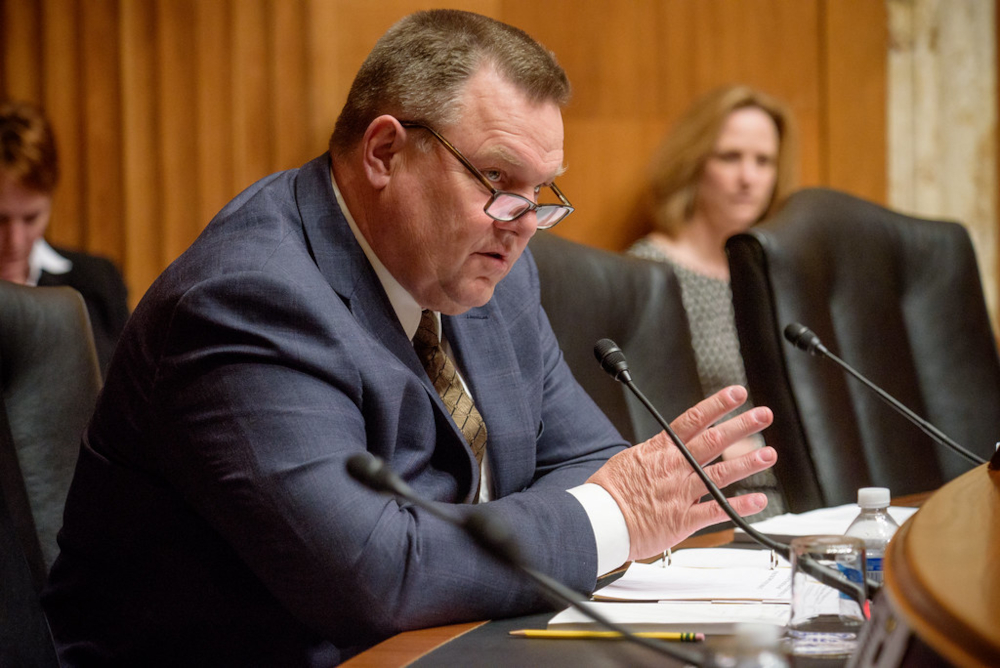A bill introduced in the U.S. Senate would unburden hemp grain and fiber growers of sampling and testing protocols, costly requirements that disincentivize growers, according to the measure’s sponsors.
While hemp-derived grain and fiber products have always been exempt from the federal Controlled Substances Act, under current U.S. Department of Agriculture (USDA) rules, all hemp crops are subject to compliance testing.
Under provisions in the proposed law, the Industrial Hemp Act 2023, hemp farms would not be required to undergo background checks and testing protocols if their crops are deemed compliant. Producers who violate the rules would be barred from participating in the hemp industry for five years.
Distinction
Hemp and its derivatives such as CBD are not controlled substances, but stakeholders have said the 2018 Farm Bill failed to distinguish products derived from the hemp flower from those made from grain and the plant’s stalk. Flowers are processed primarily for CBD, which is unregulated.
“Farmers don’t need government bureaucrats putting unnecessary burdens on their operations,” said Sen. John Tester, a Montana Democrat who co-sponsored the bi-partisan bill with Republican Sen. Mike Braun of Indiana. “It’s time we cut red tape, and make it easier for industrial hemp farmers to get their product to market.”
Loosening up
Under the Industrial Hemp Act 2023, farmers would only need to go through an annual visual inspection to show they are growing their crops for approved hemp products. Farms that fail the inspection could provide documentation demonstrating “a clear intent and in-field practices consistent with the designation” of industrial hemp. Failure to do so would allow regulators to test harvested plant material.
The measure also would block states and tribes from placing restrictions on industrial hemp growers that are more stringent than those in the federal bill.
Other bills, other issues
The changes sought in the Industrial Hemp Act could be dealt with in this year’s federal Farm Bill, which is expected to update and supplement existing laws and regulations that affect the hemp sector. Hemp stakeholders have backed other proposed industrial hemp laws which have surfaced during the current Congressional session, and which could also be dealt with in the 2023 Farm Bill.
Two bills that would mandate that CBD and other cannabinoids from hemp be made lawful as food and food ingredients, and establish regulations for such products, have been floated in the House of Representatives. Another bi-partisan bill introduced earlier this month in the House would allow convicted drug felons to own or serve in principal roles in hemp companies, striking down restrictions in the 2018 Farm Bill.
Read the full article here

